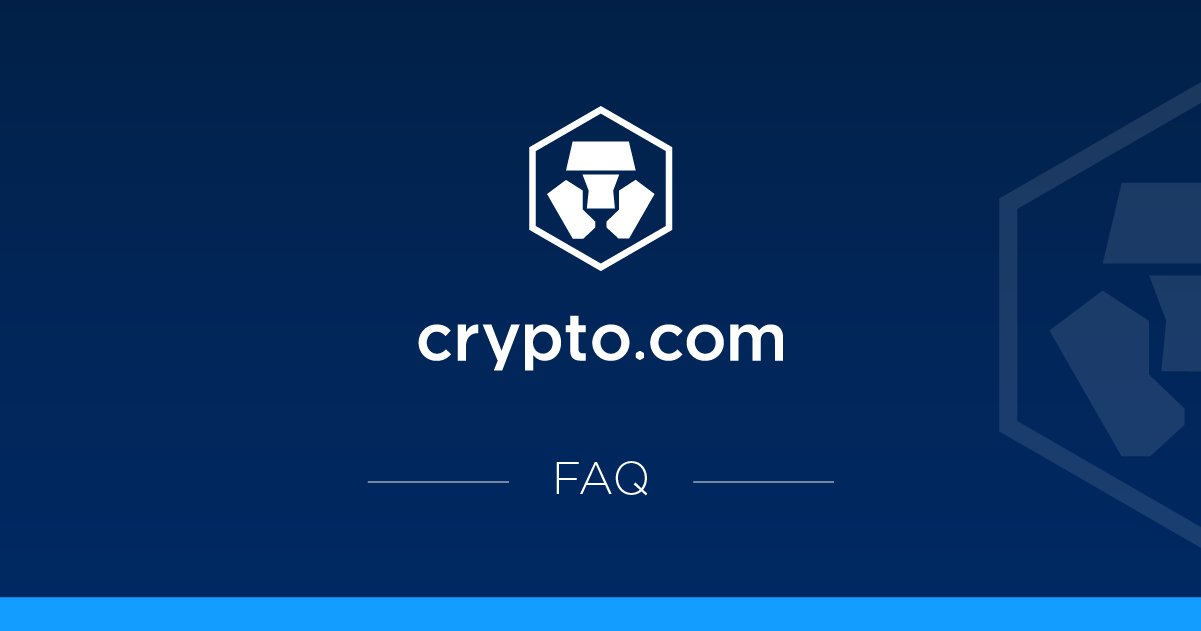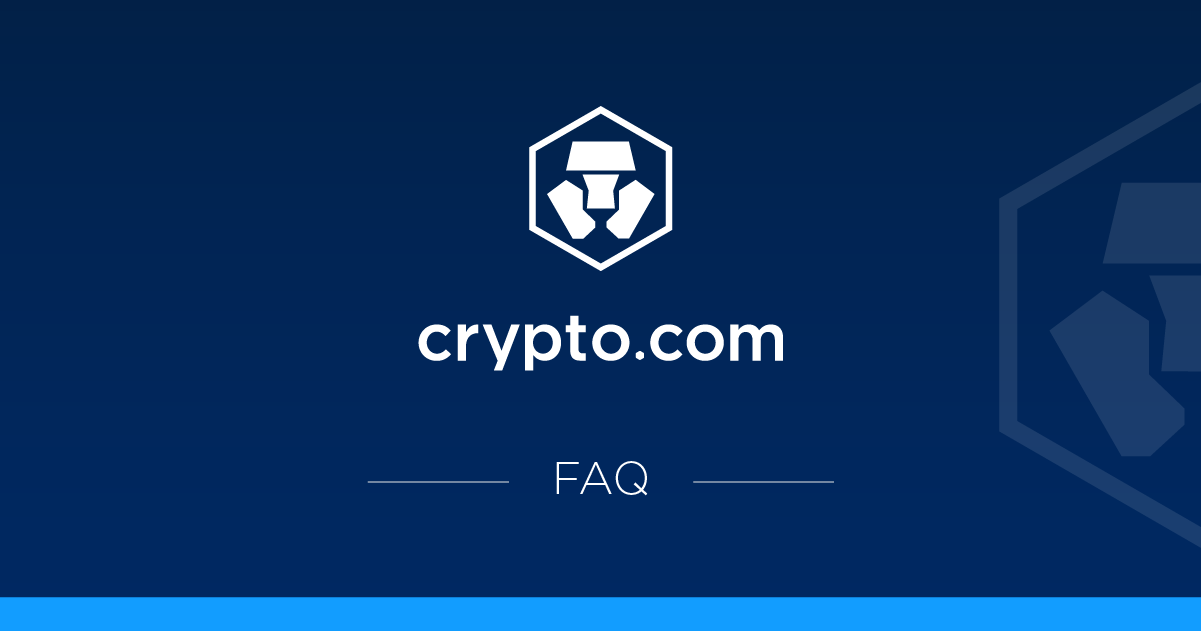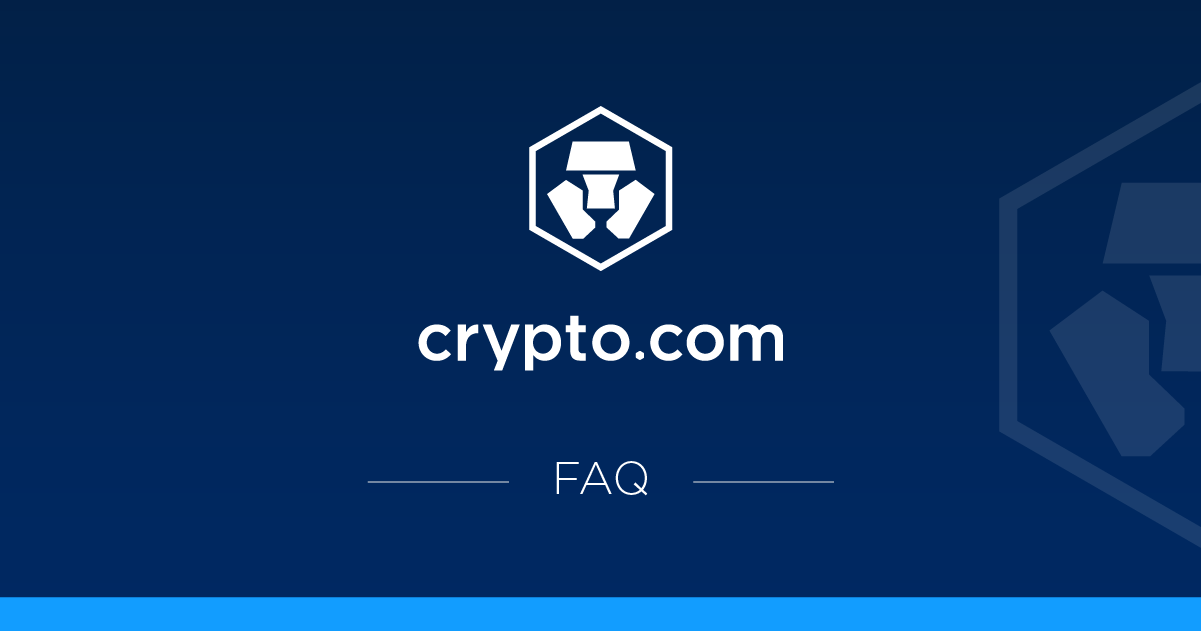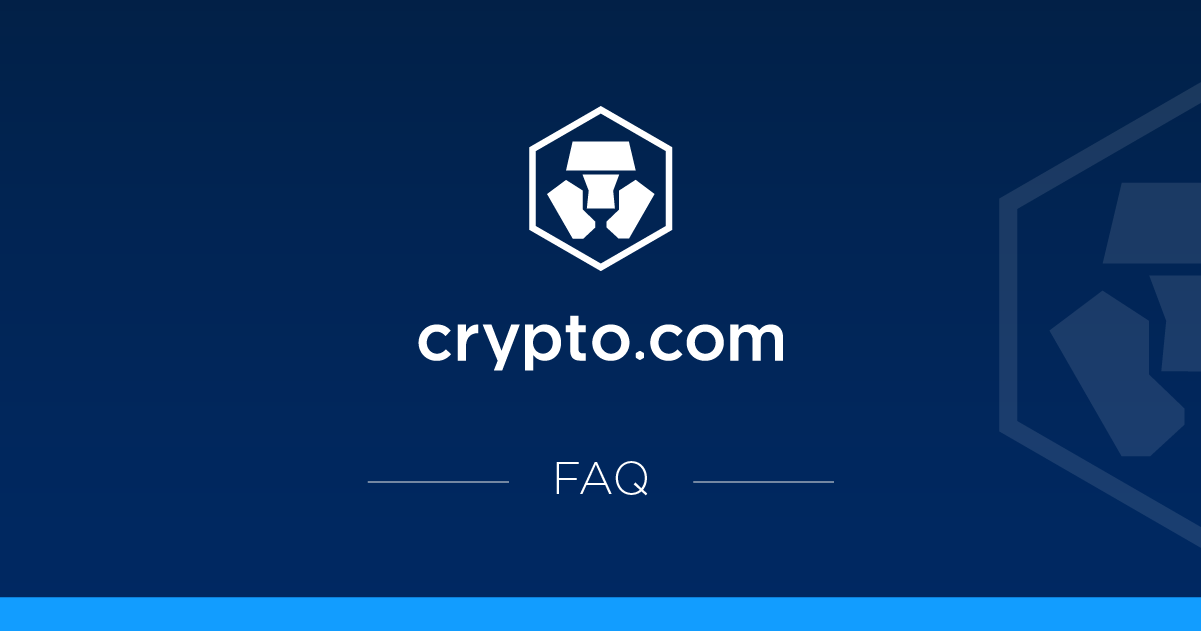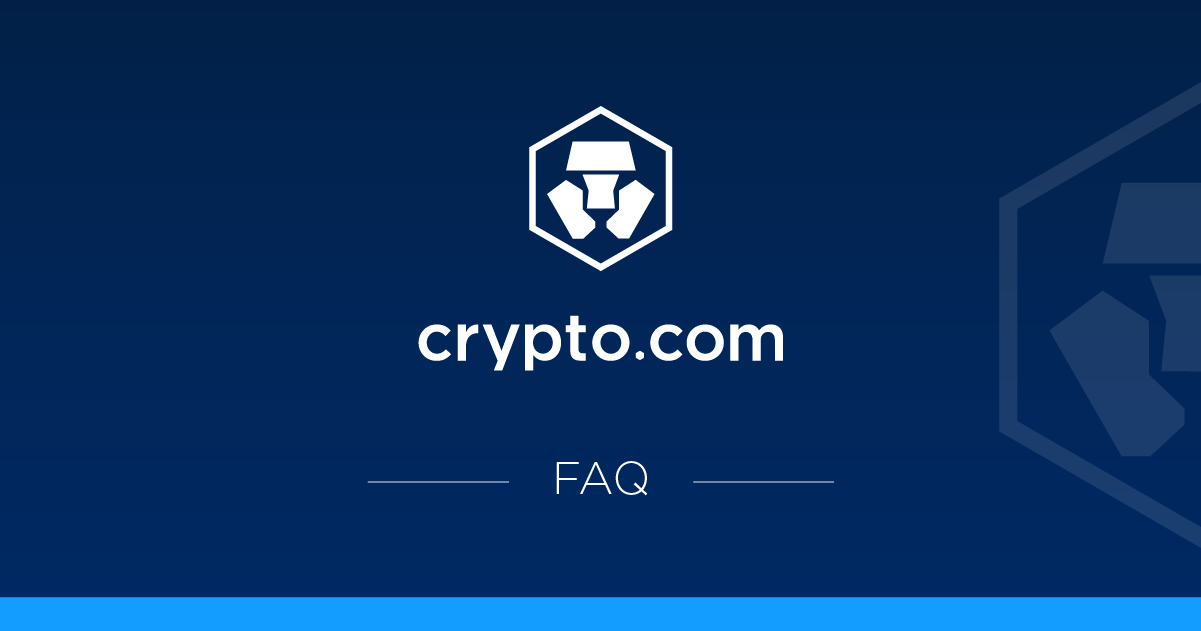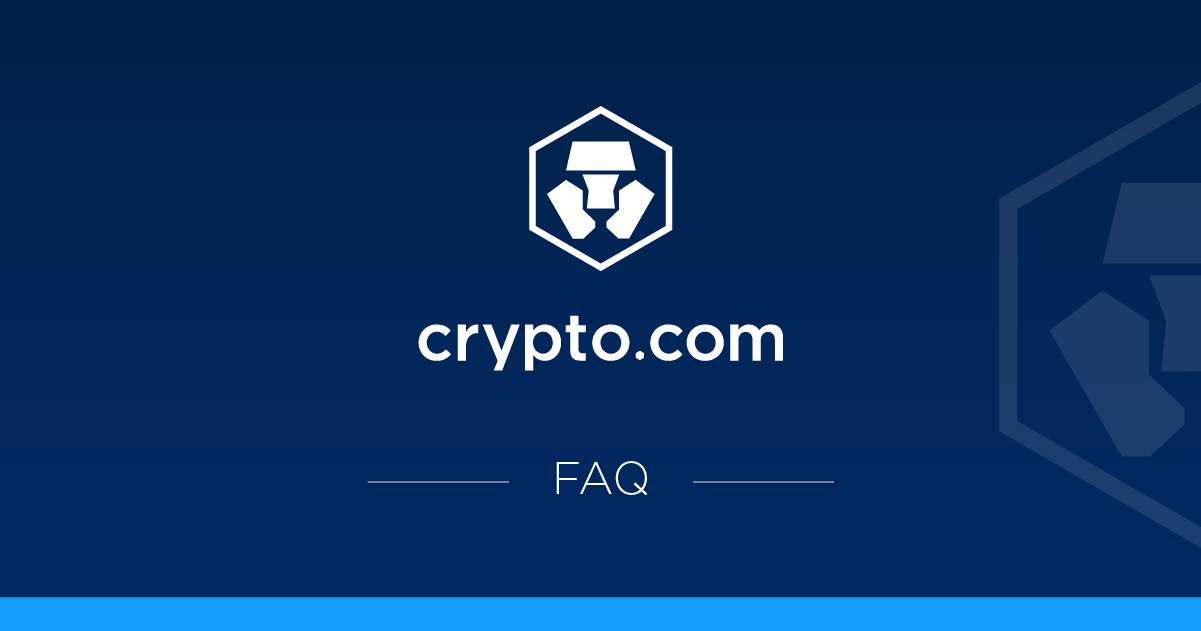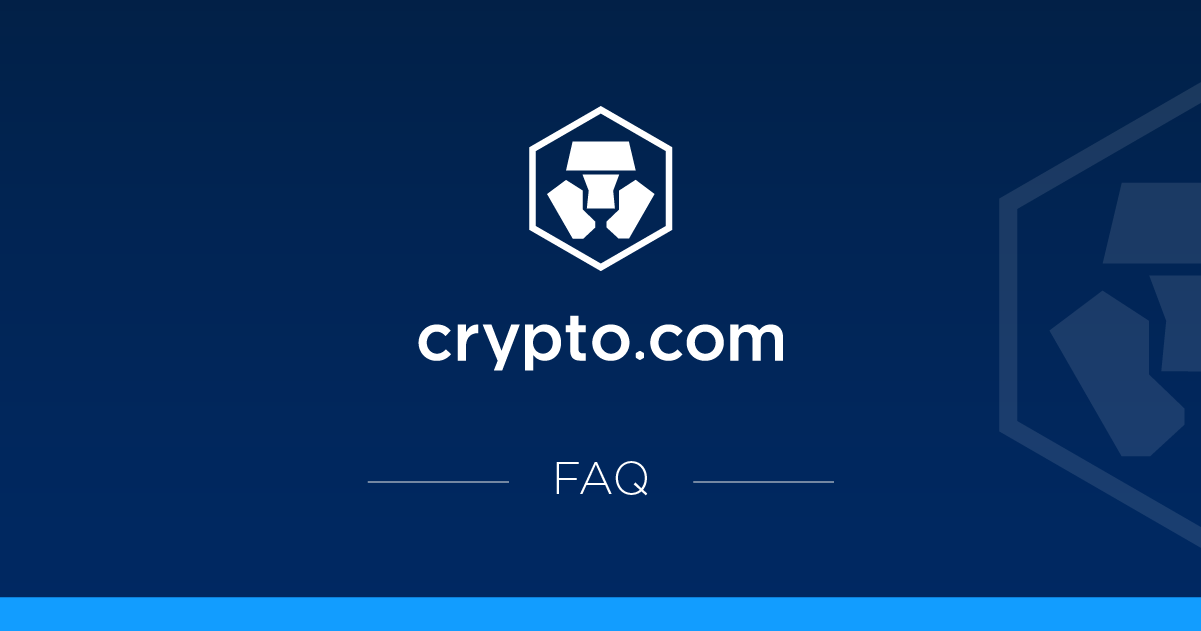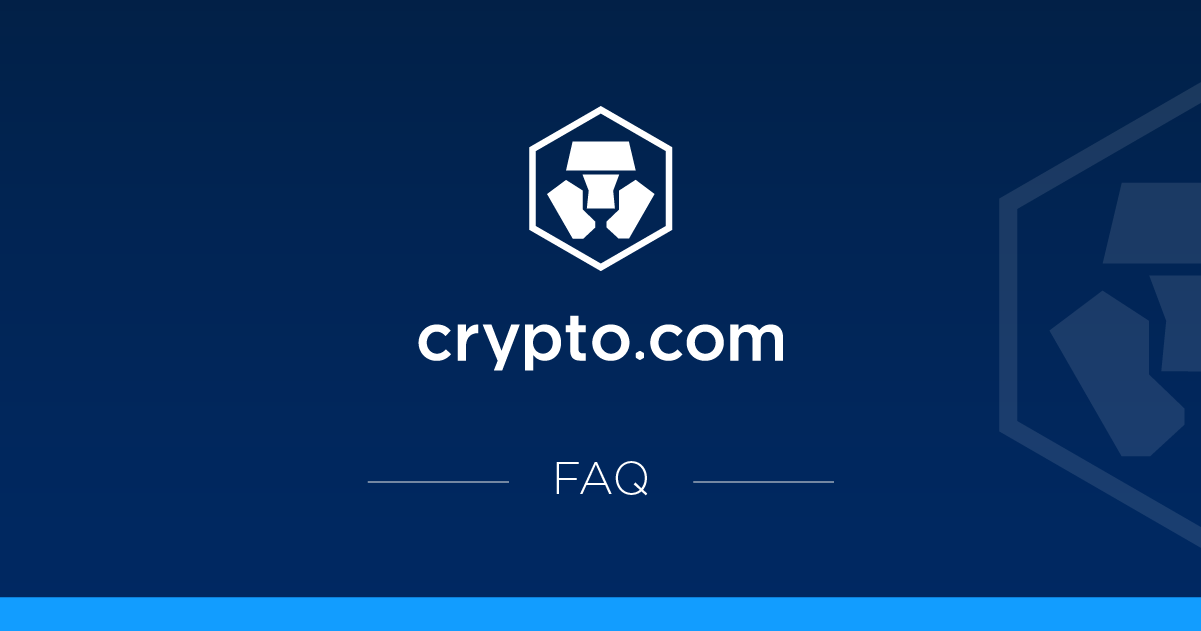What is Dust?
Dash refers to a tiny amount of coins in partial denominations, which is usually lower than the network/transaction fee. The Bitcoin protocol sometimes generates tiny amounts of coins when users send Bitcoin (BTC) back and forth. Other UTXO-based blockchains (unused transaction outputs) created from Bitcoin also produce the same tiny output, such as Litecoin (LTC), Dogecoin (DOGE), Bitcoin Cash (BCH).
Dust has 3 negative effects:
- It is not profitable for users to spend funds that require a higher network fee to confirm the transaction.
- This contaminates the system by overloading the network with non-economic transactions (in terms of data storage and time, a small-value transaction consumes instead of storing data similar to a large-value transaction).
- It reduces your level of privacy when you consolidate the dest from multiple wallets to one, it reveals your wallet identities so that others can guess that the wallets belong to one person.
When you try to send BTC/LTC/DOGE/BCH on Crypto.com Onchain Wallet, a UTXO dust error may occur when:
- The transaction was rejected by the network because it was built with Dust UTXO, and more fees are required to spend its true value. This is to prevent the network from being “add-on” with transactions that will slow down the network and generate costs for those who operate the BTC/LTC/DOGE/BCH servers.
- The transaction will generate a dash change output that will make it difficult to use them (aiming for the previous point)
How can I solve the UTXO dust error?
- Don't send small value transactions with a higher network fee. Since the network will try to generate UTXO from a small transaction, the transaction will fail.
- Try adding more funds to your wallet before you send everything. Making a larger transaction will ensure that the network receives the transaction immediately.
- Select a lower fee layer on the submission confirmation screen.
- Make sure to leave a substantial amount of remaining balance in your wallet so that the network doesn't count it as a dasht transaction when you try to spend the remaining balance.


